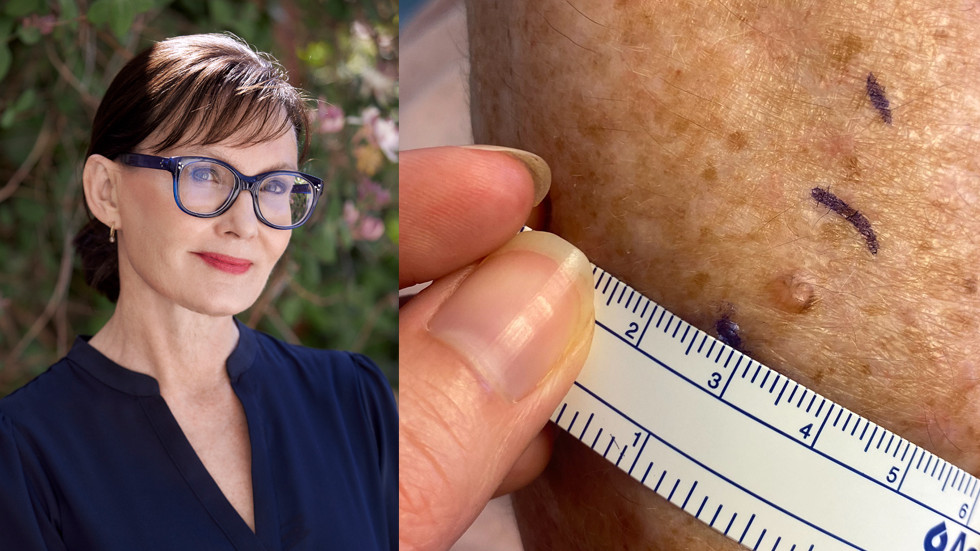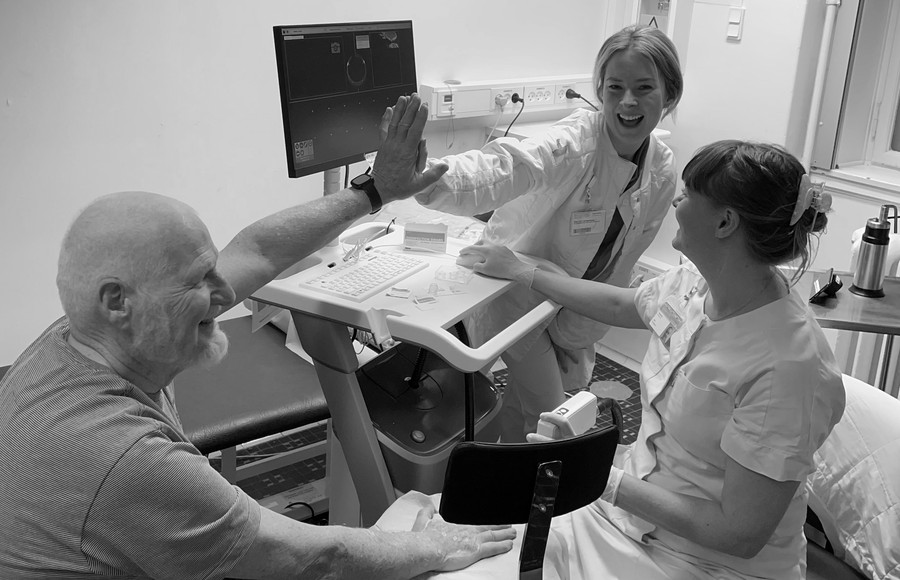It's never too late to begin protecting your skin from UV radiation

A recently published article in 'Nyt & Sundt' (New & Healthy) featuring Professor Merete Haedersdal details the importance of protecting your skin from the sun's harmful rays and emphasizes that it is never too late to start.
With the arrival of spring, most of us can't wait to get out and enjoy the sun. However, many forget the good advice about sunscreen, shade, and sun hats, even though the sun's harmful rays pose the greatest risk of developing skin cancer. Every year, 18,000 new cases of skin cancer are diagnosed in Denmark, and the actual number may be twice as high, making skin cancer the most common type of cancer in Denmark.
"While we all need to take good care of our skin to prevent skin cancer, some of us are more vulnerable than others," says Merete Haedersdal, Professor of Dermatology and Head of Research at the Danish Research Center for Skin Cancer.
"It is especially people with fair skin who are most vulnerable because the skin's pigmentation protects against the harmful sun rays. But also, organ transplant recipients who receive a certain type of immunosuppressive medication are at increased risk," she says. This is because this type of medication reduces the immune system's ability to heal sun damage in the skin.
"There have been massive campaigns, but apparently the message doesn't get through. It simply hasn't been successful in getting people to change their behavior, and there are still plenty of tanning beds around," explains Merete Haedersdal, adding that the Danish Research Center for Skin Cancer is working on developing methods for individual risk assessment so that targeted efforts can be made for those who are particularly vulnerable.
The most common form of skin cancer is basal cell carcinoma, which accounts for almost 90 percent of all cases. This corresponds to approximately 15,000 new cases per year. Squamous cell carcinoma accounts for about 3,000 new cases annually.
Read more about the different types of skin cancer and what symptoms you should be particularly aware of in the 'Nyt & Sundt' article.








